Our course is delivered by entrepreneurs to wanna-be entrepreneurs. On the facade, we ask our students to form groups and work with them 2 hours each week for 11 weeks, with two assignments: a team pitch and a business plan. In reality, we simulate for each team the journey from idea to company, passing from key questions (like: "who's gonna pay for it?") and embedding in the course real-life stories and challenges, as we (the teaching team) encountered them in our personal journeys. Just like in Sergio Leone's "The Good, the Bad and the Ugly", our students hear about dreams of gold, but also about pivoting, failure and resilience. Phil, a serial entrepreneur, acts as "the Good": he questions their motivations ("Do you really want to be an entrepreneur?") while sharing his own adventurous journey. Gianluca, at his first startup, acts as "the Ugly" and explores the untold rules behind a tech startup, getting all the citations. And since every start-up journey lives in an ecosystem, we invite external contributors to challenge our students and act as "the Bad": entrepreneurs at different stages of their career, mentors, advisors, sales strategists and investors. And, uniquely, our teaching assistants come from the startup, Metasonixx, which won the Business Startup Award from the Institute of Physics in 2024. Finally, we keep a particular attention to neurodiversity and multi-nationality: we piloted the use of interview software to facilitate remote pitches (now used across the university) and we designed visuals (and, uniquely, room acoustics) to facilitate disabled students.

4th PLACE
Entrepreneurship Course of the Year Award
The good, the bad and the ugly of tech start-ups
4th PLACE Entrepreneurship Course of the Year Award
University of Sussex, Department of Informatics - United Kingdom
"Not for glory, not for money, but because you care."
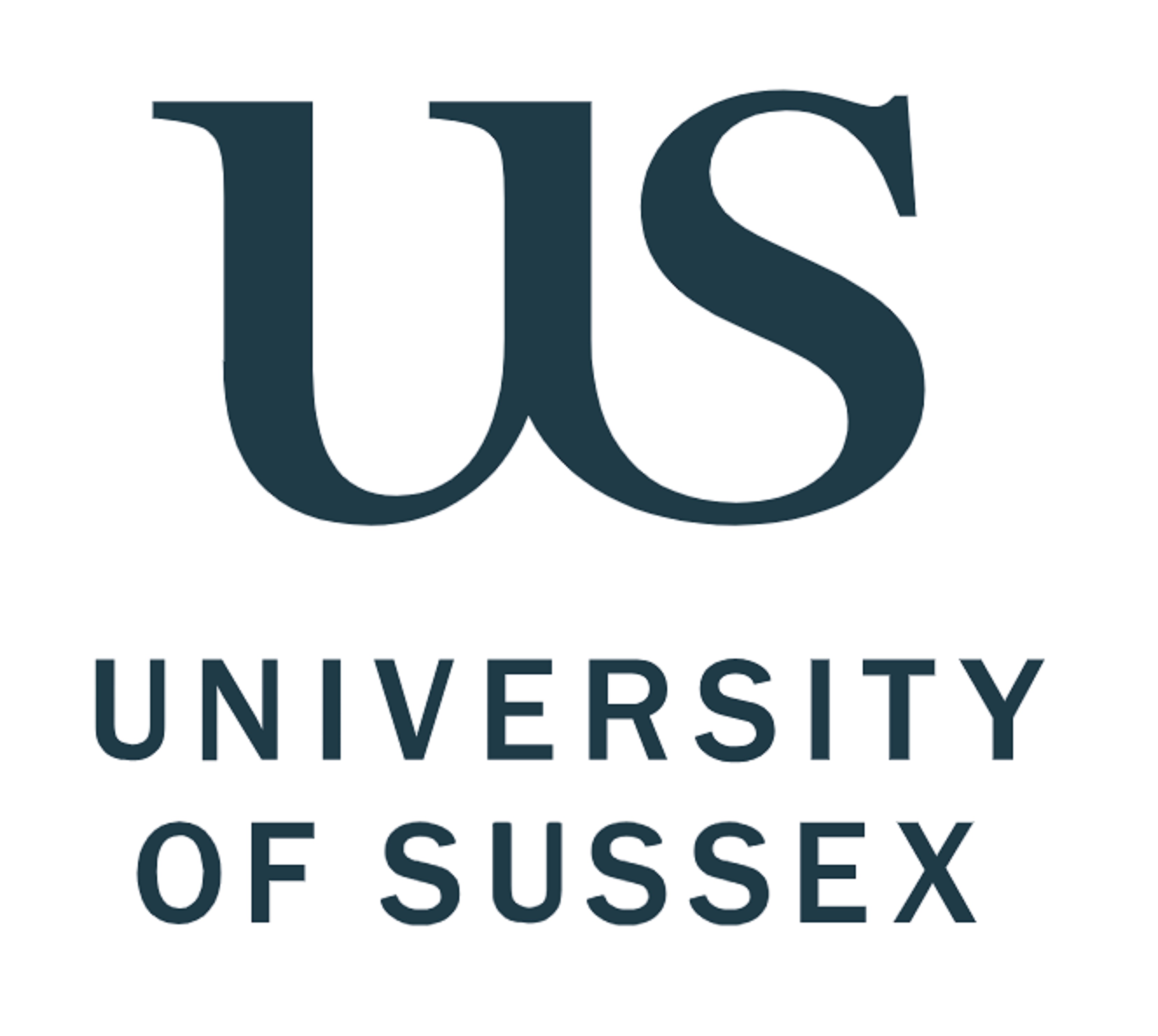
Engage on social media
(Gianluca Memoli's page)
(Phil Tee's page)
(Our faculty's linkedin)
(University of Sussex)
(The spinout (from Bristol and Sussex) whose team provides hands-on expertise)
Have a say and vote for this entry to win the People's Choice Award!
500 points per vote
Provide your email address and click on "vote". You will then receive an email that enables you to verify your vote by clicking on a link.
Summary
Key People
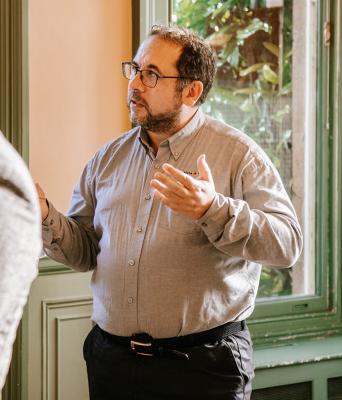
Gianluca Memoli
Course convenor, entrepreneur
Informatics,
University of Sussex

Phil Tee
Course founder, entrepreneur
Zscaler and University of Sussex
Acknowledgements
Phil's initial participation as a "founder" for the course was funded by the Royal Society's Entrepreneur in Residence Scheme.
Gianluca would like to thank the Technology Transfer Office at Sussex for providing targeted market insight, when needed, to challenge each business idea the students may come up with.
Images
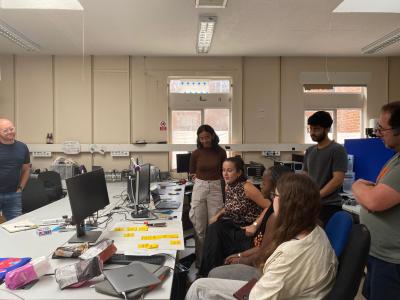
Hackaton with the business school students, hosted by Metasonixx
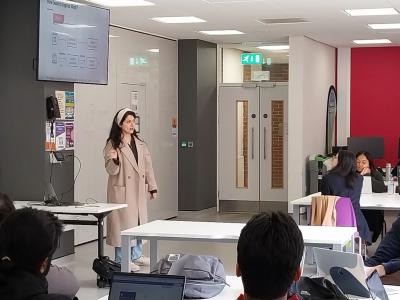
Elnaz, one of the course alumni now chief marketer at Metasonixx, returned as a teacher to the course this year
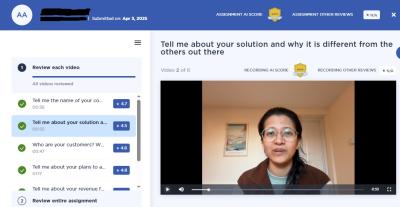
One of the students explaiUsing BigInterview (and a bit of roleplaying) has hugely reduced the stress of presenting for the students, even when talking about the USPs of their product idea.
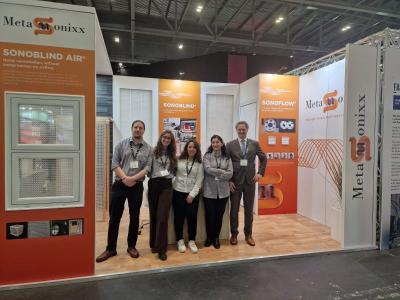
The Teaching assistants come from Metasonixx's team and investors.
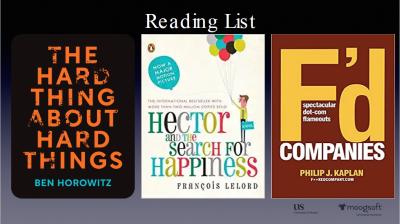
At the end of his talk called "case studies in surviving disasters", Phil Tee suggested some uncommon books...
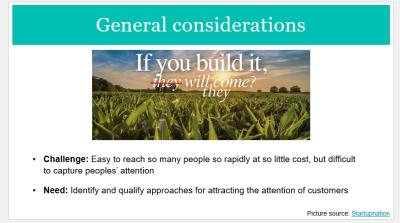
Gianluca is keen on understanding the market first (an example of his slides)
IMPACT STORY
Impacting lifes
The course's value is primarily measured by the feedback of its students. Some of the feedback in 2025 reads:
"The fast pace of running a business has been intriguing. The need to continually adapt to new information whilss still attempting to develop previous ideas has challenged my creative problem solving" (Aliah)
"One of our major challenges later in the project was how the interconnectedness of our prior decisions meant a small tweak to our strategy could lead to a chain reaction of changes needed elsewhere" (Emre)
"The course on Entrepreneurship has been a life-changing experience, offering a strong foundation for comprehending and negotiating the challenges of starting and expanding a profitable company" (Ignancio)
"I’ve been in touch with Jim regarding one of my startup ideas [...] Thank you so much for inviting such an experienced and kind gentleman to our classes." (Shayan)
The course value is also uniquely measured by its impact across the university: we now run joint events (e.g. hackatons - see pictures) with the Business School, where their students ("the business guys") meet our students ("the tech guys") and explore the multi-faceted process of building a startup.
Last but not least, the impact of our course is measured by how many of the teams incorporate companies afterwards. Some of our students created startups in their own countries, while others participated in the University of Sussex's "Dragons' Den" competition (where real-life investors select ideas worth funding).
LEARNINGS
Lessons learned
Our MSc students want real-life stories. This is not surprising: not only some of our students are already entrepreneurs, but real challenges and "thinking on one's feet" underpin the start-up journey, making it so exciting (and scary). We think they deserve such stories, so we make sure they get them. And, like in the spaghetti-western movie that inspired the title of this submission, we make sure that the good, the bad and the ugly (e.g. the challenge of firing someone) are all part of the learning.
The question "who is going to pay for it?" is the most difficult, for our students. If wanna-be entrepreneurs thought a bit more about the duality between who pays and who benefits, our society would see much better innovation, earlier.
Gianluca keeps being amazed by the students' ideas for "reaching out". We had giving out leaflets at the exits of football pitches (for launderettes) and using a food influencer (for a company that helps professionals to cook food from their original country), but also sending teams to pub quizzes (for an all-in-one accounting app). And this reminds him that a) marketing is only effective if it reaches where the buyers are; and b) a course of entrepreneurship must be a safe space to be creative and unique.
Our team is, in fact, extremely passionate about inclusivity. We thinks that much more can be done, beyond granting extra time at the exam to students with special learning needs or making sure that all genders are represented at C-suite level. In this direction, we introduced role-playing and measures to reduce potential multi-sensory overstimulation.
FUTURE PLANS
What's coming?
Gianluca and Phil are thinking of sharing their different experiences in a book.
The current course is directed to MSc students, but the university is thinking of offering a simpler version of the course to undergraduates. Discussion for it to be jointly delivered with the local business school are ongoing.
We will continue to innovate our teaching.
With so many spinouts generated by the technical departments, for instance, with founders with little or no business experience, the idea of the hackaton (i.e. putting technical and business students together to solve a problem) may be replicated at university scale.
Equally, Gianluca and Phil are studying neurodiverse-friendly ways to add a role-played Dragon's Den within the course.

